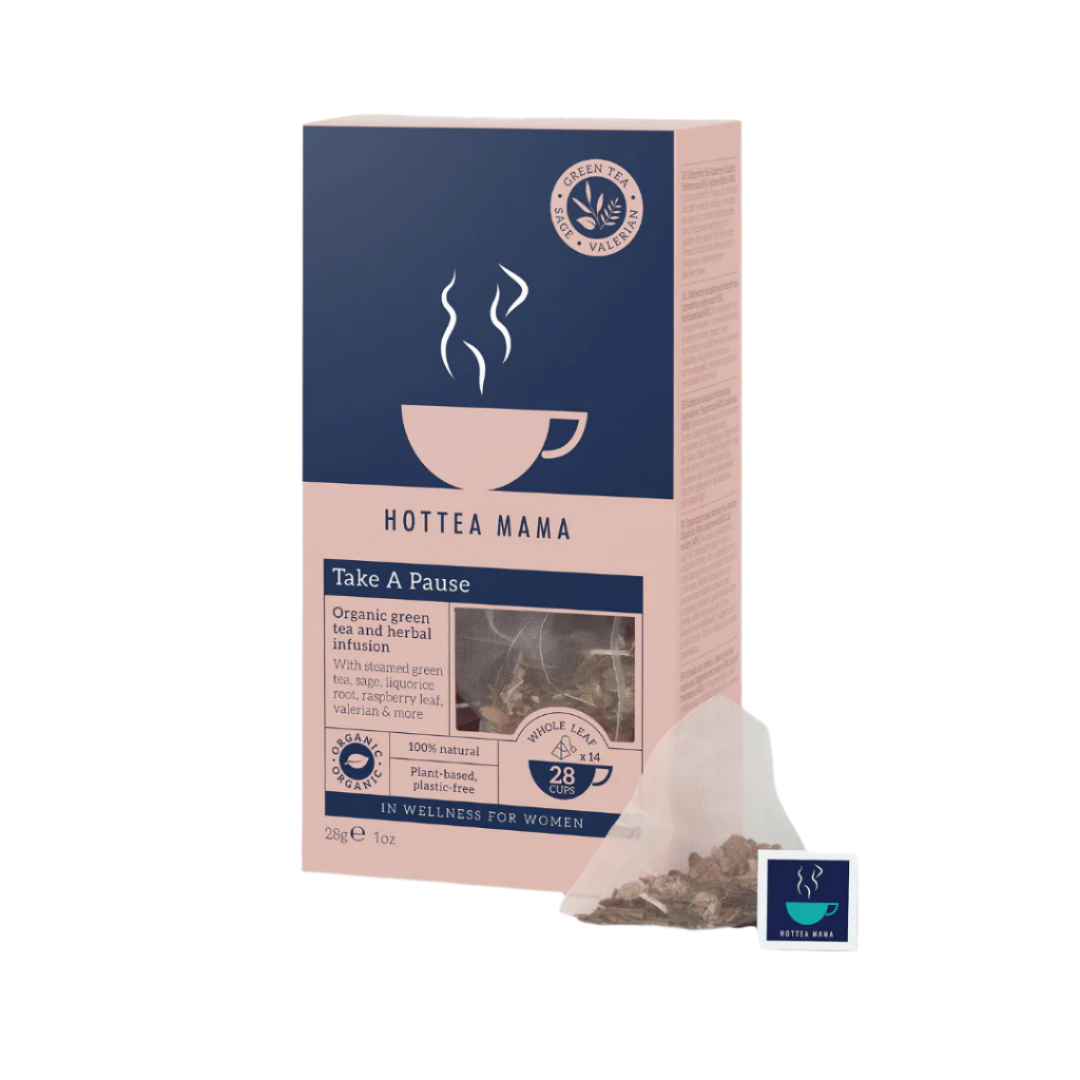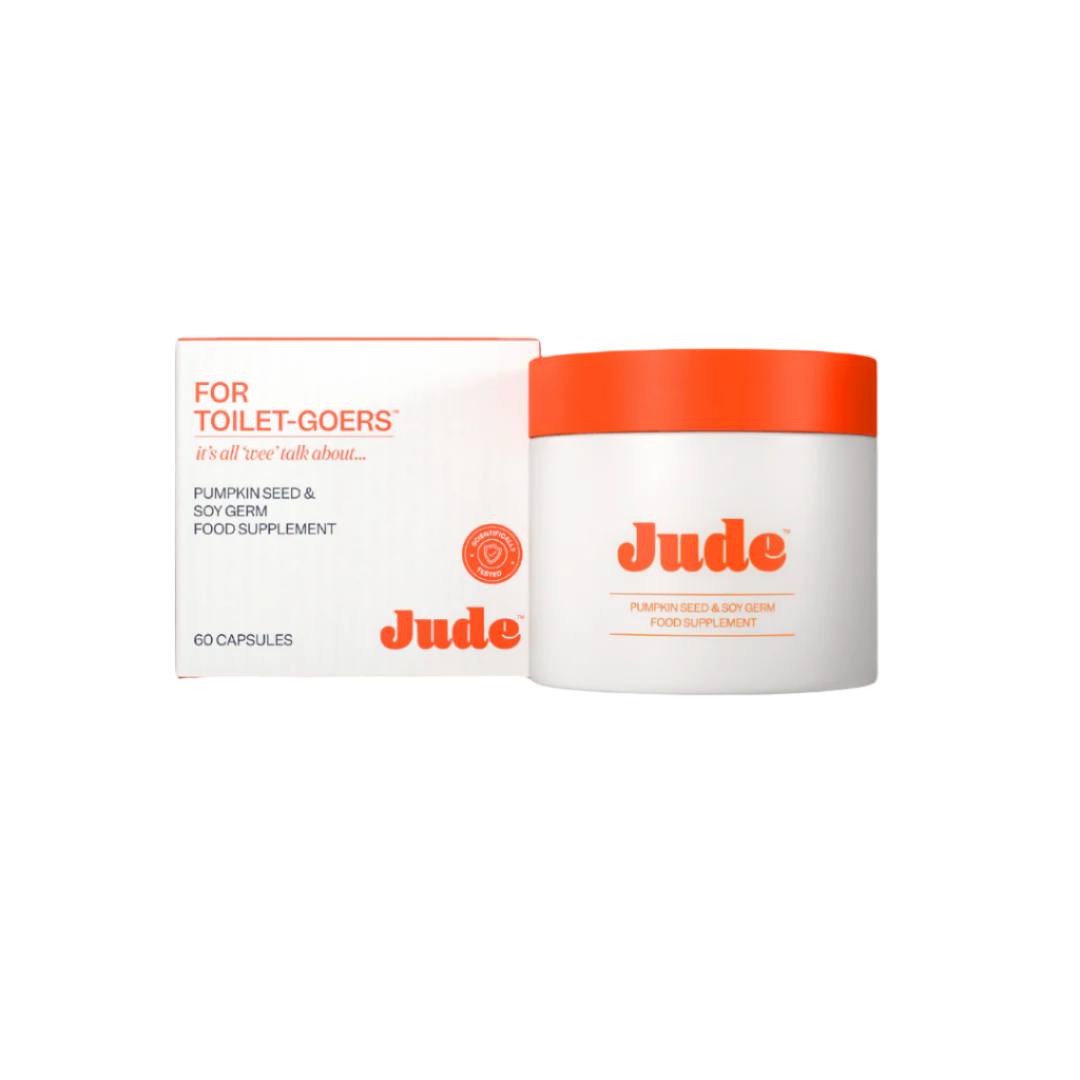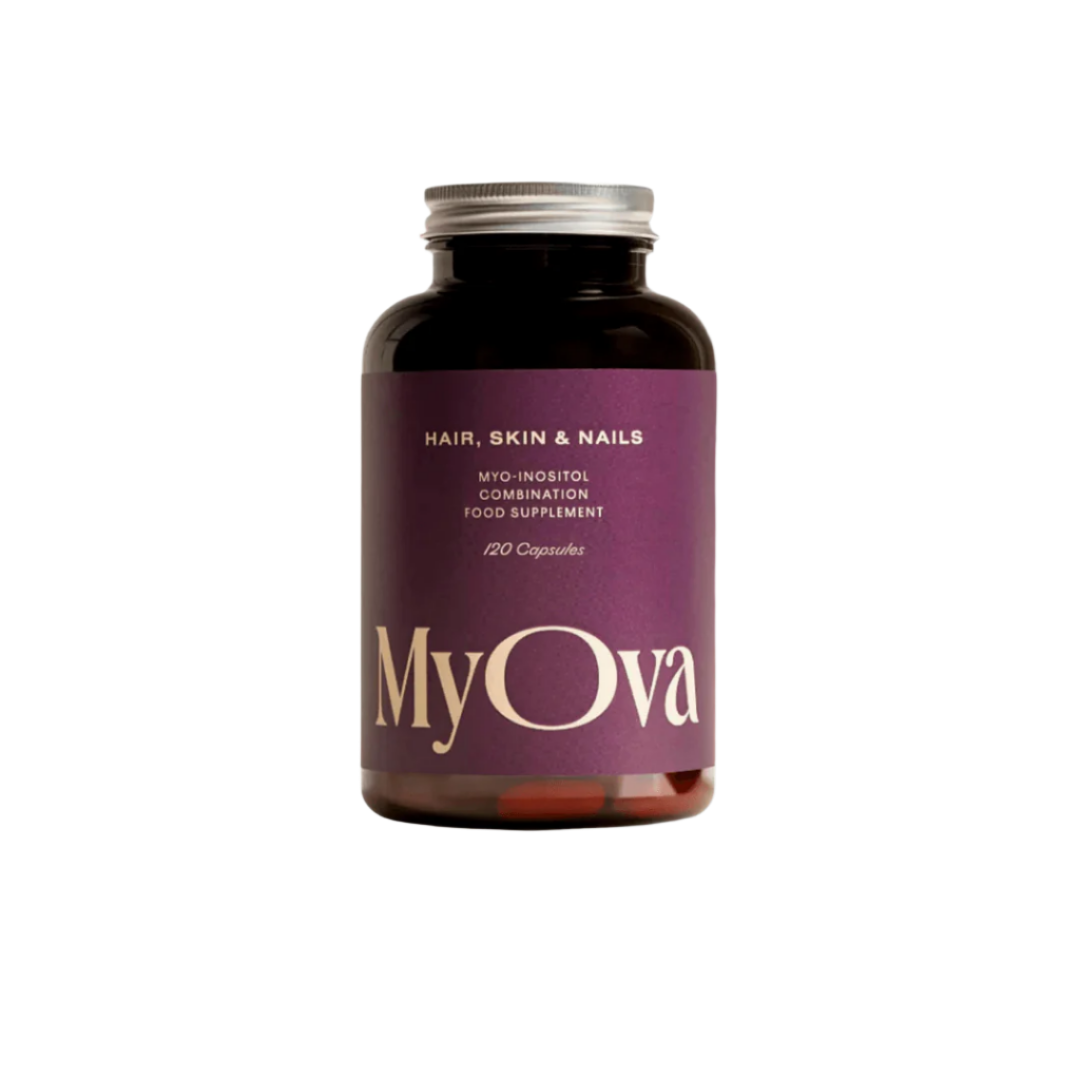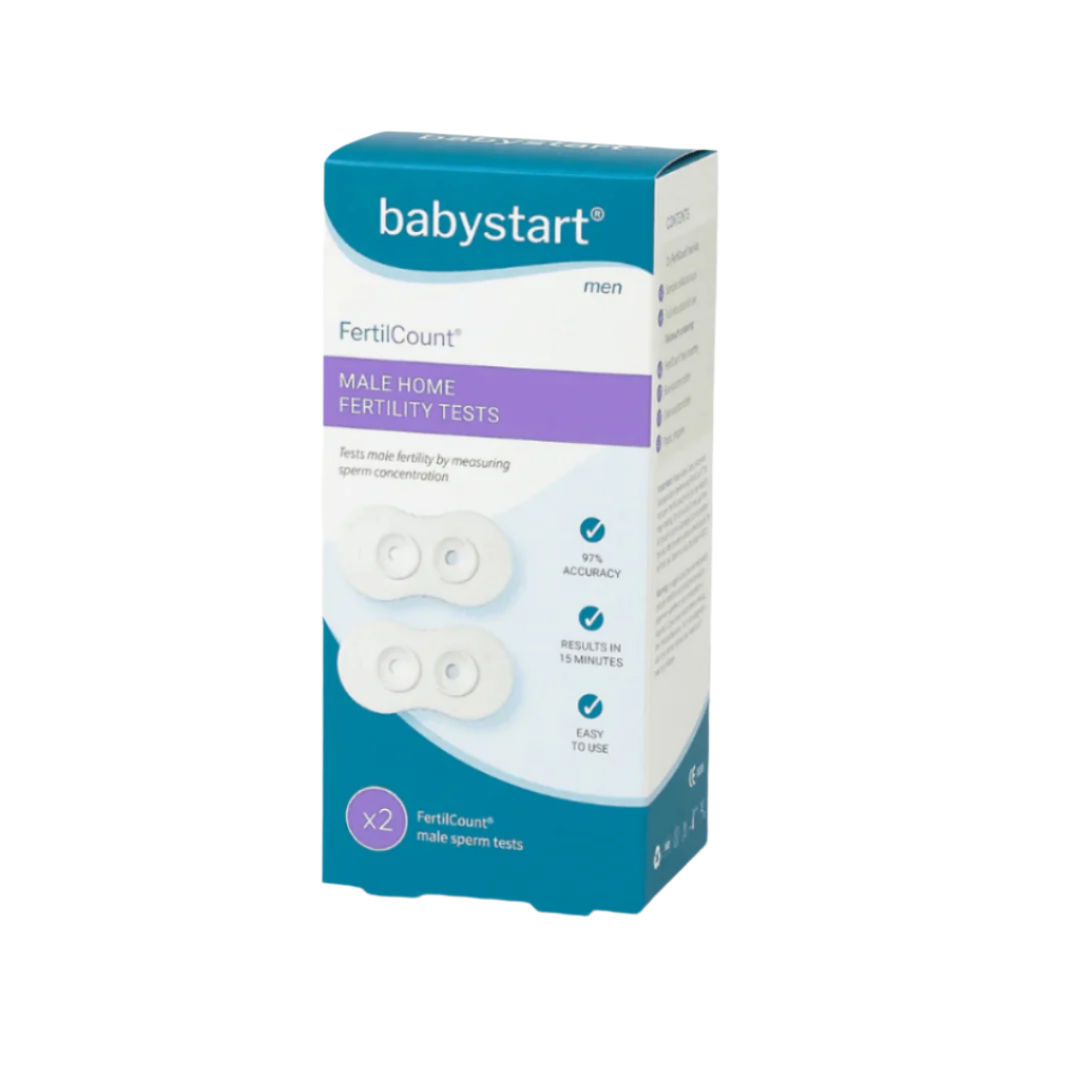The Journal
Stress: Why Women Experience It and How to Destress Naturally
Stress can feel overwhelming, especially for women who juggle multiple roles and responsibilities. From hormonal fluctuations to societal pressures, women often face unique stressors. In this blog, we explore why women experience stress more than men and share practical, natural ways to manage it. Learn how practices like mindfulness, exercise, and nutrition can help, and discover how Vida Glow’s Destress Supplements can support your journey toward a calmer, more balanced life. Prioritise your well-being and take control of stress with these effective strategies.
Learn moreAre we over January pressure? Why being gentle on ourselves is the better way
January often feels like the month of relentless pressure. The “new year, new me” mantra rings loud, pushing us to set lofty resolutions, overhaul our routines, and embrace an idealised version of ourselves. But are we finally moving past this January pressure? Should we focus on being gentler with ourselves instead?
Learn moreFeeling low in January? Discover the power of Vitamin D
January can be a challenging month for many. The festive cheer has faded, the days are short and dark, and the cold weather often keeps us indoors. It's no wonder that feelings of fatigue, low mood, and lack of motivation—sometimes referred to as the "January blues"—are so common.
Learn moreWhy Laughter is the Best Medicine, Especially for Women
Laughter is universal. It’s free, it’s powerful, and it can be the best medicine, especially for women navigating the stresses of modern life. From physical health benefits to emotional resilience, laughter offers a natural boost that has been proven to support overall wellness. So, why exactly is laughter such a powerful medicine, and why might it be even more essential for women?The Science Behind LaughterWhen we laugh, our bodies release endorphins, the "feel-good" hormones that promote relaxation and well-being. Endorphins not only make us feel happier but also reduce the perception of pain, making laughter a natural way to alleviate discomfort.Here’s what happens when you laugh:1. Endorphin Release: These hormones lift your mood and create a natural “high.”2. Reduced Cortisol Levels: Laughing can decrease cortisol, the stress hormone, helping us manage anxiety. To further support stress relief, consider incorporating Women’s Health De-Stress into your wellness routine.3. Increased Blood Flow: Laughter boosts circulation, which is beneficial for cardiovascular health.4. Muscle Relaxation: After a good laugh, our muscles remain relaxed, helping relieve physical tension for up to 45 minutes.Why Laughter Matters More for WomenWomen often juggle multiple roles—whether it’s being caregivers, professionals, partners, or friends—and face unique societal pressures. Studies show women experience higher levels of anxiety and depression compared to men, making stress management an essential part of daily life.Laughter can be especially helpful in combating the pressures that women encounter by:- Promoting Resilience: Women often carry mental loads in relationships and family life. Laughter can serve as an emotional reset, offering a break from constant multitasking.- Enhancing Social Connection: Women are natural nurturers and find comfort in social bonds. Shared laughter can deepen connections with friends, family, and colleagues, reinforcing emotional support networks.- Boosting Self-Compassion: The ability to laugh at oneself can enhance self-acceptance. This is especially significant for women, who often face unrealistic standards. A dose of humour can serve as a reminder that it's okay to be imperfect.Physical Health Benefits of Laughter for WomenBeyond emotional well-being, laughter offers specific physical health benefits that are particularly relevant for women:1. Hormone Regulation: Laughter reduces cortisol levels, which can help balance hormonal fluctuations. For women experiencing menopause or menstrual discomfort, laughter can be an ally in alleviating mood swings and stress. For those dealing with menstrual discomfort, Period Harmony Monthly Harmony Patches may provide natural relief.2. Heart Health: Women have unique heart health needs, and laughter improves circulation, reduces blood pressure, and promotes relaxation—all of which support cardiovascular health.3. Pain Relief: Many women experience pain from conditions such as fibromyalgia, arthritis, or menstrual cramps. Endorphins released through laughter act as a natural pain reliever. If muscle relaxation and tension relief are a focus, CBD Balm may offer additional soothing benefits.Why Laughter Therapy Is Gaining Popularity“Laughter therapy” is a growing trend in health and wellness. This practice is designed to help people laugh intentionally, often through exercises, games, or group activities. Laughing releases more than just feel-good hormones; it also creates a sense of community and shared experience, which is a valuable asset for women.Tips for Bringing More Laughter into Your Life1. Connect with Funny Friends: Surround yourself with people who make you laugh.2. Watch or Read Comedy: Carve out time to watch a funny show, stand-up special, or read a humorous book.3. Practice Self-Compassion: Laugh at your mistakes and learn to see the humour in everyday situations.4. Try Laughter Yoga: Laughter yoga combines deep breathing and voluntary laughter, which often leads to genuine laughter and relaxation.5. Join a Laughter Club: Many cities have laughter clubs that meet regularly to laugh together, creating a safe space for releasing stress.Final ThoughtsLaughter is a tool that women can use to foster both emotional and physical well-being. Embracing humour not only improves your mood but can also offer a path to greater resilience, connection, and health. So, let yourself laugh—it might just be the best medicine you need today.
Learn moreEmbracing Hygge to Thrive Through the Winter Months
Discover how the Danish concept of hygge can help you find warmth, comfort, and joy during winter. Learn simple tips to embrace cosiness and well-being as the days get colder.
Learn moreBenefits of Seed Cycling for Fertility
Seed Cycling for Fertility: A Natural Approach to Hormonal BalanceSeed cycling has become a popular method for those looking to support hormonal balance and boost fertility naturally. This simple practice involves consuming specific types of seeds at different phases of the menstrual cycle, aiming to support the body’s natural hormone rhythms. In this article, we’ll dive into the details of seed cycling, its potential fertility benefits, and how you can get started. What is Seed Cycling? Seed cycling is a holistic practice that aligns seed consumption with different phases of the menstrual cycle. The goal is to balance estrogen and progesterone levels by eating seeds rich in nutrients that support these hormones at specific times.The menstrual cycle is divided into two main phases:- Follicular Phase (Days 1-14): From the first day of menstruation to ovulation.- Luteal Phase (Days 15-28): From ovulation to the start of the next period.In each phase, different seeds are consumed to support hormone production and balance:- Follicular Phase: Flaxseeds and pumpkin seeds are consumed.- Luteal Phase: Sesame seeds and sunflower seeds are recommended.How Does Seed Cycling Work?Each type of seed provides nutrients that can promote hormone health: - Flaxseeds: Rich in lignans, which are compounds that can help regulate estrogen levels. Lignans may bind to excess estrogen in the body, helping to balance estrogen levels during the follicular phase. - Pumpkin Seeds: High in zinc, which plays a role in preparing the body for ovulation. Zinc is also essential for hormone production, making it beneficial for egg health and ovulation. - Sesame Seeds: Also high in lignans, these seeds are consumed in the luteal phase to help support progesterone production. Progesterone is crucial for supporting a potential pregnancy and regulating menstrual cycles. - Sunflower Seeds: Packed with selenium, an antioxidant that can help detoxify the liver, assisting the body in processing hormones. Sunflower seeds also contain vitamin E, which is essential for reproductive health.Benefits of Seed Cycling for FertilityWhile scientific research on seed cycling is still emerging, many people report experiencing positive effects on their hormonal health and menstrual cycle, which may have indirect benefits for fertility. Here are some of the ways seed cycling may support reproductive health:Promotes Hormonal BalanceSeed cycling can help balance estrogen and progesterone levels throughout the menstrual cycle, which is vital for healthy ovulation and conception. Balanced hormone levels may improve the chances of regular ovulation, a key factor in fertility.Supports Menstrual RegularityMany people find that seed cycling helps regulate their menstrual cycles, making it easier to track ovulation and fertility windows. Regular cycles can make it easier to time conception and increase the chances of pregnancy.Supports Egg HealthThe nutrients found in seeds, such as zinc, selenium, and vitamin E, are essential for maintaining the health of egg cells. Zinc, for example, is crucial for cell division and helps to prepare the body for ovulation. Selenium acts as an antioxidant, protecting egg cells from oxidative stress, which can affect fertility.Assists in DetoxificationFlaxseeds, in particular, have compounds that can help the liver metabolize excess estrogen. Since estrogen dominance can lead to hormonal imbalances, seed cycling may support healthy estrogen levels and help reduce symptoms associated with hormonal imbalance.Supports Overall Reproductive HealthEssential fatty acids, antioxidants, and vitamins found in seeds also promote a healthy reproductive system, which is important for successful conception. Vitamin E, for example, supports uterine lining health, which is necessary for a fertilized egg to implant.How to Start Seed Cycling for FertilitySeed cycling is easy to start and can be adapted to any diet. Here’s a quick guide to get you going:Step 1: Determine Your Cycle PhasesTrack your menstrual cycle to identify the follicular and luteal phases. If your cycle is irregular, consider starting with a basic 28-day cycle structure until your cycle becomes more regular:- Follicular Phase: Days 1-14 (Menstruation to Ovulation)- Luteal Phase: Days 15-28 (Ovulation to Start of Next Period)Step 2: Incorporate the Right Seeds in Each Phase- Follicular Phase (Days 1-14): - Consume 1 tablespoon each of ground flaxseeds and pumpkin seeds daily. - Add them to smoothies, oatmeal, salads, or yogurt for easy integration into your diet.- Luteal Phase (Days 15-28): - Consume 1 tablespoon each of ground sesame seeds and sunflower seeds daily. - Like with the follicular phase, you can mix the seeds into various foods for convenience.Step 3: Stick with It ConsistentlyConsistency is key with seed cycling, as it can take several months to see potential benefits. Aim to eat the recommended seeds daily during each phase.Practical Tips for Seed CyclingHere are some tips to make seed cycling a part of your daily routine:- Use Ground Seeds: Ground seeds are easier to digest and allow your body to absorb the nutrients more effectively.- Store Seeds Properly: To maintain their nutrient quality, store seeds in an airtight container in the fridge or freezer.- Add to Foods You Enjoy: Try incorporating seeds into meals and snacks you already eat regularly to make it easy to stick to the practice.- Be Patient: Like many natural approaches, seed cycling may take a few cycles to show noticeable benefits. Who Should Consider Seed Cycling?Seed cycling can be a gentle and natural way to support hormonal health for those experiencing:- Irregular menstrual cycles- Symptoms of hormonal imbalance, such as PMS, mood swings, or low energy- Issues with ovulation or conceptionWhile seed cycling is generally safe for most people, those with specific health concerns, such as hormonal disorders or food allergies, should consult a healthcare provider before starting.Frequently Asked Questions About Seed Cycling and Fertility 1. Can I start seed cycling if I don’t have a regular cycle? Yes! You can use the general 28-day cycle as a guide. Over time, seed cycling may help promote regularity in your menstrual cycle.2. How long does it take to see results with seed cycling?Most people start to notice changes within 2-3 months, but it may vary. Consistency is important for the best results.3. Can I practice seed cycling if I’m pregnant?If you’re pregnant, consult your healthcare provider before making dietary changes. Seed cycling is mainly beneficial for balancing hormones before conception.4. Is there any scientific evidence for seed cycling?While research on seed cycling specifically is limited, there is evidence that nutrients in seeds, such as zinc and lignans, can support hormone health, which may indirectly benefit fertility.Final Thoughts on Seed Cycling for FertilitySeed cycling is a gentle, food-based approach to support hormonal balance and may offer benefits for those seeking to improve their reproductive health naturally. By focusing on nutrient-rich seeds during specific phases of the menstrual cycle, seed cycling aims to support the body’s hormonal balance, which is essential for fertility and overall reproductive health.As with any dietary change, it’s a good idea to consult with a healthcare provider, especially if you have existing hormonal issues or are actively trying to conceive. Seed cycling, paired with a balanced diet and a healthy lifestyle, may provide natural support for your fertility journey. Thanks for reading our content, if you have found this to be beneficial then please share, femme.
Learn moreLiving with PCOS
To mark World PCOS Day, we had the opportunity to sit down with Katherine and delve into her personal journey with PCOS. She shared her experiences from the initial diagnosis through the ongoing challenges of managing the condition. Katherine also offered valuable insights into the changes she believes are necessary to enhance support and care for women with PCOS, highlighting how the healthcare system could better address their needs. This day is crucial for raising awareness, sharing knowledge, and providing support to those affected by PCOS. Here at Femme Health, we are proud to share Katherine's story and extend our gratitude to her for her time and openness. When were you first diagnosed with PCOS, and how did you initially feel about the diagnosis? I was officially diagnosed with PCOS a couple of years ago, around age 27, but I was first tested for it when I was 16. At that time, I was told I didn't have PCOS, so I was surprised when the diagnosis came later. Initially, I wasn’t concerned because my GP didn't provide much information or guidance about the condition, so I just carried on with my life as usual. It wasn't until I started doing my own research that I began to understand the implications of my diagnosis and how PCOS has affected my life – past, present, and future. What symptoms have been the most challenging for you to manage, and how do they impact your daily life? Weight management and mental health have been the most challenging symptoms for me to manage. I've struggled with weight fluctuations my entire life, and, as is common with PCOS, my other symptoms tend to worsen as my weight increases. This often leads to a vicious cycle where worsening symptoms contribute to further weight gain, making it a difficult pattern to break.My mental health has also been a significant challenge, to the point where it was totally disabling for many years. While my mental health issues aren’t solely due to PCOS, I’ve noticed that hormonal changes often trigger sudden bouts of deep depression and anxiety, particularly around my period. This makes it even more challenging to manage day-to-day. Are there any lifestyle changes or treatments that have been particularly helpful in managing your PCOS symptoms? Absolutely. For me, the key has been weight management and building a lifestyle that accommodates my needs rather than adds stress or tension. Recently, I’ve been using a GLP-1 medication (often referred to as weight loss injections) for weight management. This has been particularly effective in managing my PCOS symptoms, especially insulin resistance, and has helped me break the cycle of weight gain and worsening symptoms.Stress management has also been crucial. I’ve made several changes in my life, such as prioritising positive and supportive relationships, changing jobs to have a more flexible schedule, engaging in talk therapy, and being more compassionate toward myself when my health feels like a burden. These adjustments have significantly helped me manage my symptoms and improve my overall well-being. How has PCOS affected your mental and emotional well-being over time? PCOS has definitely impacted my mental and emotional well-being, though it's hard to quantify exactly how, since it's often difficult to determine when hormones are playing a role in a difficult period of mental health. Generally, it's overwhelming to know that PCOS is something I'll always have to manage.The lack of understanding and support from medical professionals can also be frustrating and disheartening. There's a stigma around hormonal effects on mental health, and I often feel like mental health struggles are not taken as seriously if they're perceived to be hormone-related, as if that somehow makes them less significant. This can be really challenging to deal with, but that's a whole other conversation. What do you wish more people understood about living with PCOS? I wish more people understood that PCOS is so much more than just a fertility issue. While I completely acknowledge how devastating fertility challenges can be, PCOS affects many other aspects of health and well-being. It’s important to recognise the wide range of symptoms and risks that come with a PCOS diagnosis, including metabolic issues, mental health struggles, and long-term risks like diabetes and heart disease. Understanding the broader impact of PCOS would help foster greater empathy and support for those living with it. Have you found a support system, whether online or in person, that has helped you navigate living with PCOS? Building a support system has been work in progress for me. I’m trying to get more involved with PCOS-related charities and work to connect with like-minded people, which has already led me to meet some great individuals - femme health included! Online, I tend to gravitate towards forum-style content for support and advice. I find Reddit to be a good starting point, although the experience can be hit or miss. Aside from these communities, I have to give credit to my fantastic partner, who is incredibly understanding and supportive and always helps me navigate through difficult times. What advice would you give to someone who has just been diagnosed with PCOS? Take your time. Do your research, but don’t feel like you have to completely change your life overnight. Give yourself the space to come to terms with what PCOS means for you personally, and take the time to understand how it affects your life on an individual level. Everyone's experience with PCOS is different, so focus on finding what works best for you. What would you like to see change in the UK and NHS when it comes to PCOS? I would like to see better education for GPs about PCOS because it's a common experience for patients to receive little to no support from doctors. It’s concerning that many people, whether they have a diagnosis or not, are unaware of the full impact and potential risks associated with PCOS. Improved education and awareness among healthcare professionals could lead to more comprehensive care and support for those affected, ensuring that patients are better informed and more effectively managed. Thank you Katherine for sharing your personal journey and experience of living with PCOS this will be helpful for so many people. Stefanie Meachin - femme founder
Learn moreThe Importance of Sleep for Women's Health
September is National Sleep Month, so let's investigate the importance of sleep for our health. In the hustle and bustle of modern life, sleep often takes a backseat to other priorities.1 in 5 people in the UK aren't getting enough sleep, and women and other minorities are more likely to be affected. Yet, sleep is a cornerstone of health, particularly for women, who juggle multiple roles and responsibilities. Understanding the importance of sleep and how to prioritise it can lead to significant improvements in overall wellbeing, productivity, and quality of life. Why Sleep Matters for Women's Health Hormonal Balance Women experience various hormonal changes throughout their lives, including menstrual cycles, pregnancy, postpartum, and menopause. Quality sleep plays a critical role in regulating these hormones. Lack of sleep can disrupt the delicate hormonal balance, leading to issues such as irregular menstrual cycles, increased premenstrual symptoms, and complications during pregnancy and menopause. Mental Health Adequate sleep is essential for mental health. Women are more likely to experience anxiety and depression, conditions that can be exacerbated by sleep deprivation. Restful sleep helps regulate mood, improve cognitive function, and enhance emotional resilience. It is during sleep that the brain processes emotions and memories, which is crucial for maintaining mental health. Physical Health Sleep is vital for physical health. It allows the body to repair and regenerate. Chronic sleep deprivation is linked to a higher risk of various health issues, including cardiovascular disease, diabetes, and obesity. For women, who are at a higher risk of developing autoimmune diseases, sleep is particularly important in maintaining a robust immune system. Reproductive Health Quality sleep can positively impact reproductive health. It supports healthy fertility and pregnancy. During pregnancy, adequate sleep is crucial for the health of both the mother and the developing baby. Sleep disorders, such as sleep apnoea, are associated with adverse pregnancy outcomes, including pre-eclampsia and gestational diabetes. Aging and Longevity Sleep affects how women age. Poor sleep quality accelerates the aging process, contributing to the appearance of fine lines, wrinkles, and decreased skin elasticity. Moreover, consistent, quality sleep can enhance longevity, ensuring that women not only live longer but also enjoy a higher quality of life in their later years. Top 5 Tips for Prioritising Good Sleep Establish a Consistent Sleep Schedule Maintaining a regular sleep-wake cycle helps regulate your body's internal clock. Aim to go to bed and wake up at the same time every day, even on weekends. This consistency can improve the quality of your sleep. Create a Sleep-Conducive Environment Transform your bedroom into a sanctuary for sleep. Ensure that it is dark, quiet, and cool. Invest in a comfortable mattress and pillows. Remove electronic devices that can emit blue light and disrupt your sleep. Practice Relaxation Techniques Incorporate relaxation techniques into your bedtime routine to unwind and prepare your body for sleep. Activities such as reading, taking a warm bath, meditating, or practicing deep-breathing exercises can help you relax and fall asleep more easily. Be Mindful of Your Diet and Exercise What you eat and drink, as well as your level of physical activity, can significantly impact your sleep. Avoid caffeine and large meals close to bedtime. Engage in regular physical activity, but try to finish exercising at least a few hours before bed to avoid being too energized to sleep. Limit Screen Time Before Bed Exposure to screens before bedtime can interfere with your ability to fall asleep. The blue light emitted by phones, tablets, and computers can suppress melatonin production, a hormone that regulates sleep. Aim to turn off electronic devices at least an hour before bedtime and engage in calming activities instead. Conclusion Sleep is not a luxury; it is a necessity, particularly for women's health. Prioritising sleep can lead to profound benefits, from hormonal balance and mental health to physical wellbeing and longevity. By following these tips and making sleep a priority, women can improve their overall health and enjoy a more vibrant, balanced life. So tonight, turn off your screens, unwind with a good book, and embrace the restorative power of sleep. References: https://mentalhealth-uk.org/help-and-information/sleep/
Learn moreBoost Your Wellbeing: 5 Simple Steps to a Happier Life
Maintaining good mental health is crucial for overall well-being, and the NHS provides a comprehensive guide to enhancing your mental health through five key steps: Connect with Others: Engaging with friends, family, and colleagues helps build a support network. Whether it's sharing meals, joining clubs, or simply catching up over a call, these connections provide emotional support and a sense of belonging. Be Physically Active: Physical activity is not just about improving fitness; it also boosts mood and reduces anxiety. Activities like walking, cycling, or even gardening can be effective. The key is to find something you enjoy that fits into your daily routine. Learn New Skills: Acquiring new skills can boost your self-confidence and provide a sense of achievement. Whether it's learning to cook, taking up a new hobby, or pursuing an online course, the process of learning can be as rewarding as the skills themselves. Give to Others: Acts of kindness and giving can create positive feelings and help build a sense of community. This could be through volunteering, helping a neighbour, or simply giving a compliment. These actions not only benefit others but also enhance your own mental wellbeing. Be Mindful: Mindfulness involves paying full attention to the present moment, including your thoughts, feelings, and the world around you. Practices like meditation, yoga, or even mindful walking can help you develop this awareness, reducing stress and improving your emotional health. For those seeking more support, consider exploring online resources, local community centres or networks, or speaking with a mental health professional. The NHS website offers further guidance and links to supportive services, providing a good starting point for anyone looking to improve their mental wellbeing. Tips and tricks: When starting anything new, start small. Our blog on habit stacking gives the lowdown on how to create consistency with new habits, check it out here. Enlist a friend or family member: going it alone is hard! Finding someone to keep you on track can help, and make it more fun in the process. Celebrate the small wins! Create some really small goals to focus on. You wouldn’t expect to run a 10k straight away, so neither should you expect to change your lifestyle overnight. Journaling is a great tool for mindfulness but can be a tricky skill to master, so a guided journal can help you to get started. If you've got time, volunteering is a great way to make friends and build community, and it makes you feel good. Council websites will often have a volunteering portal which you can sign up to. Check out Stoke-on-Trent Council's version here. For more detailed advice and support options, visit the NHS's mental wellbeing guide.
Learn more
In The Press
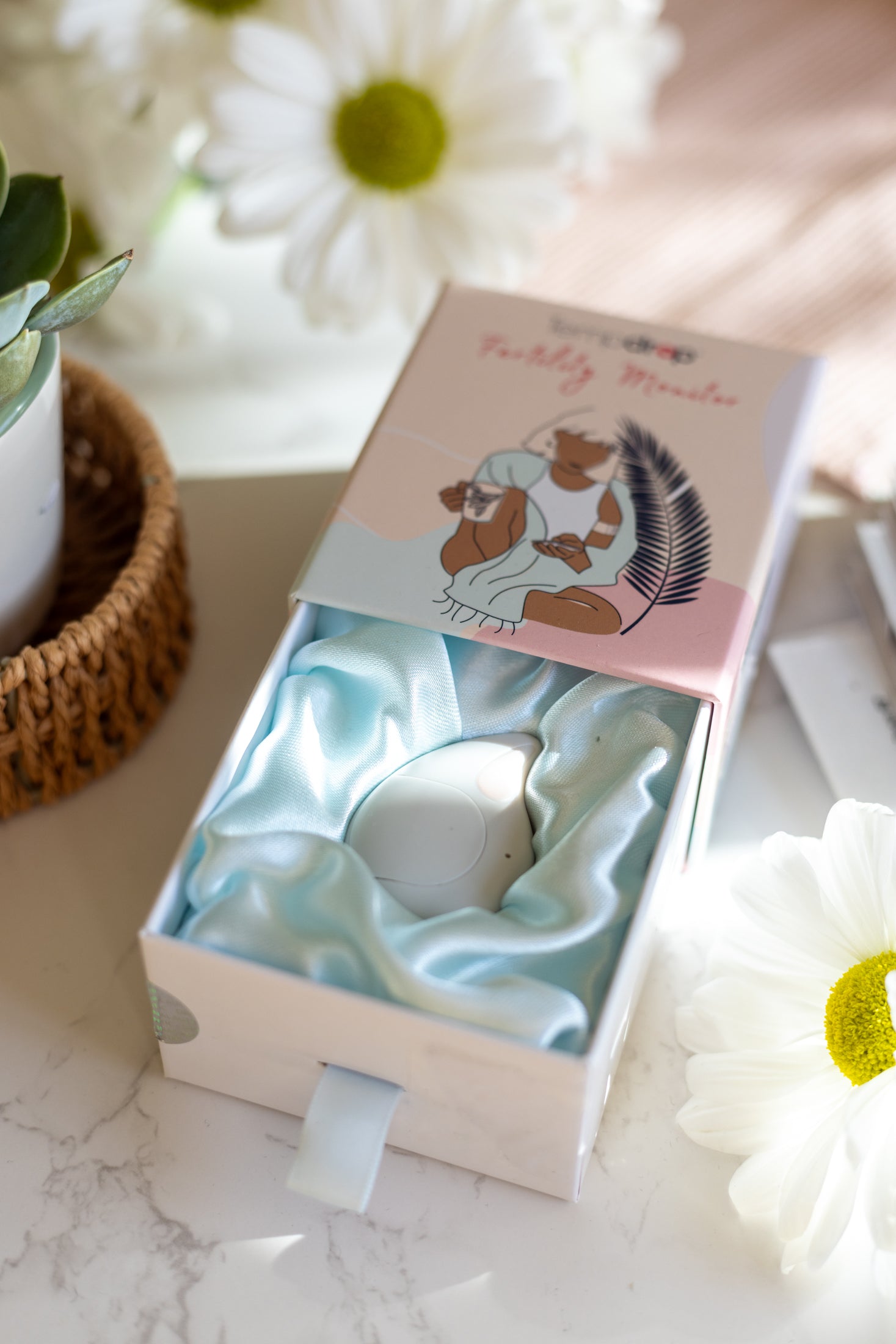
Simplify Your Fertility Tracking with Tempdrop
Take the guesswork out of cycle tracking with Tempdrop, the smart wearable thermometer that fits seamlessly into your routine. Designed to learn your unique patterns, it provides accurate, reliable insights without the hassle of early wake-ups or daily charts.















